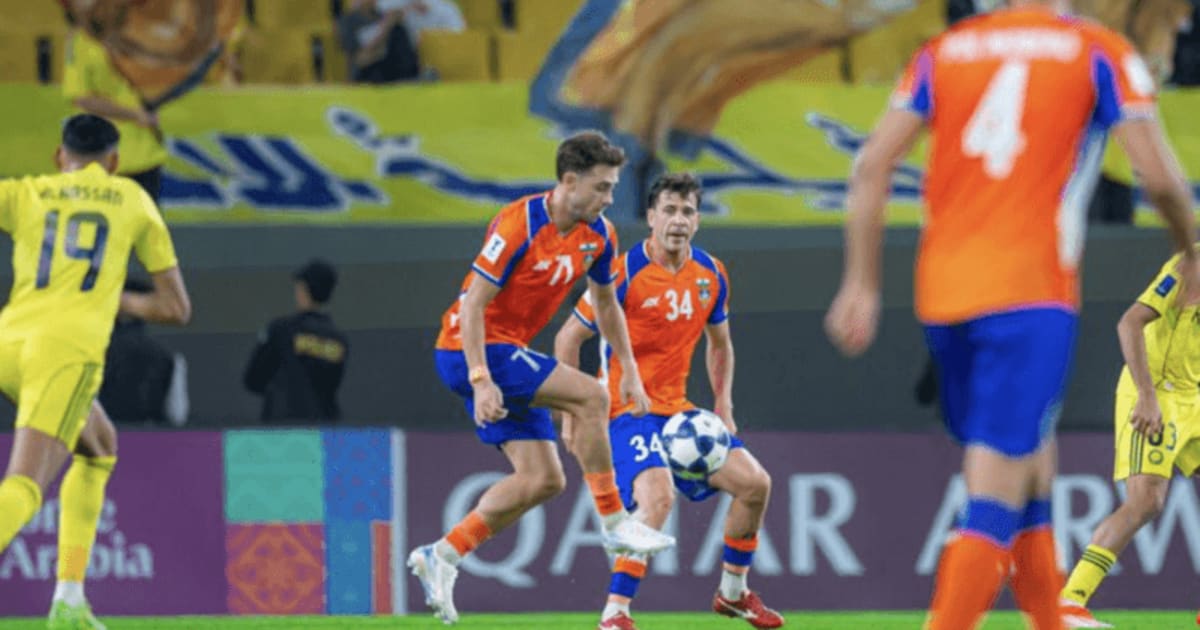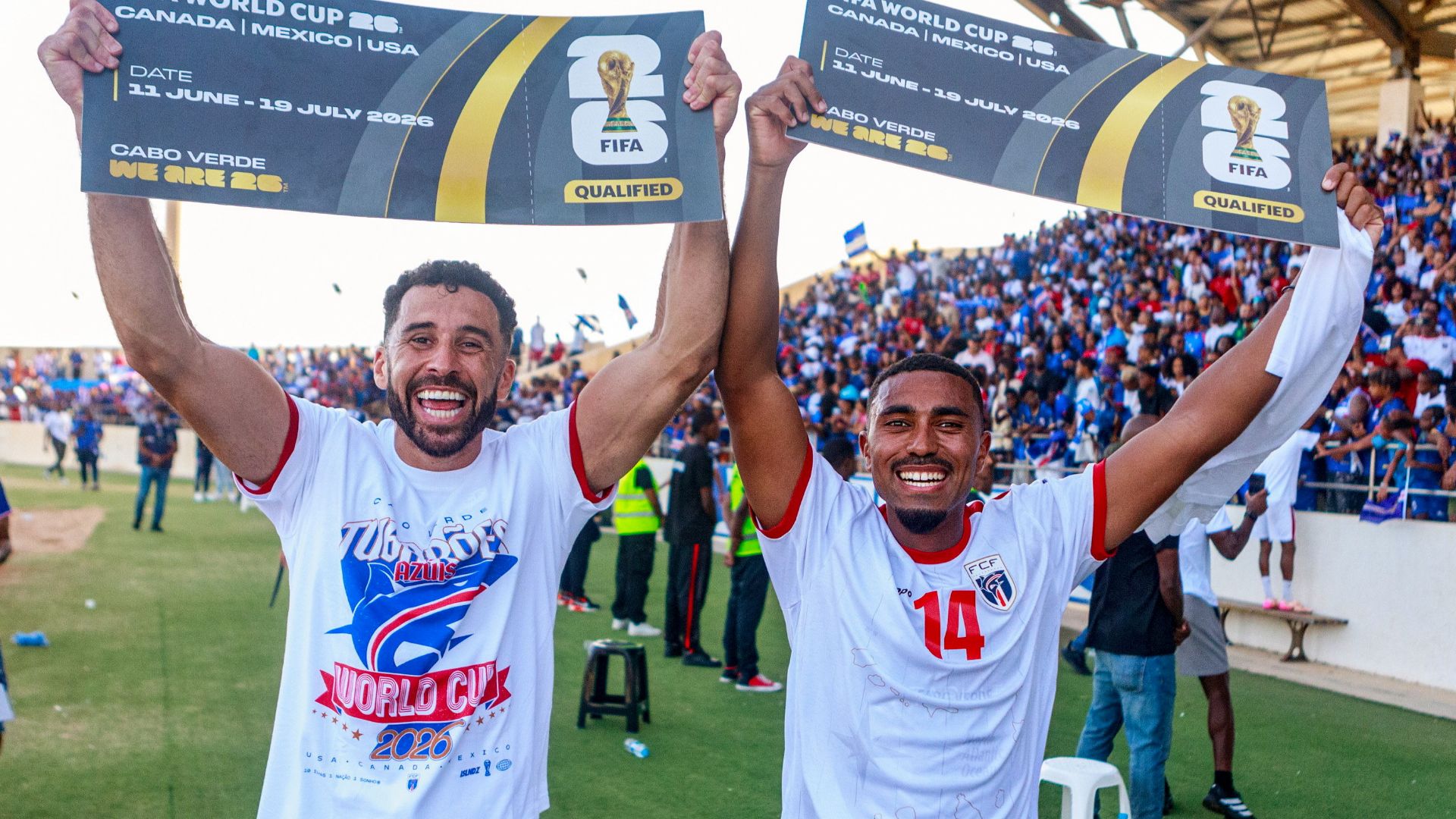Asia Cup: Pakistan leave for Dubai stadium after threatening boycott again

Pakistan's cricket team finally headed to the stadium on Wednesday for its must-win Asia Cup group match against the UAE, following a dramatic delay caused by their protest against the ICC's persistent refusal to remove Andy Pycroft as match referee. Despite Pakistan's demands, 69-year-old Pycroft will remain the match referee for their final group clash, as the ICC rejected the PCB's request.advertisementAccording to Geo News, the Pakistan vs UAE match was delayed by one hour while negotiations continued behind the scenes. Originally scheduled to begin at 8:00 PM IST (6:30 PM local time), the match can now start at 9:00 PM IST (7:30 PM local time).Meanwhile, the UAE team had already arrived at the stadium. Earlier, the PCB had reportedly instructed the Pakistani players to stay at their hotel and avoid traveling to the stadium, with sources revealing that the players remained in their rooms, their kits and luggage still on the team bus.Sources within the ICC and the Asian Cricket Council (ACC) have stated that Pycroft had no involvement in the fiasco and, in fact, helped Pakistan by informing them about the plans of the Indian team, effectively preventing them from being blindsided.PCB MADE TWO DEMANDSIn a related development, Samaa Sports reports that the PCB has lodged two formal demands with the International Cricket Council (ICC), further intensifying tensions around the tournament. The first demand calls for the immediate removal of Andy Pycroft from officiating duties, citing a series of recent decisions that the PCB claims reflect a lack of impartiality.The second demand targets Indian captain Suryakumar Yadav, whom the PCB accuses of making politically charged remarks. The Board has urged the ICC to take disciplinary action, arguing that Yadav's comments violate the spirit of the game and contravene the ICC's code of conduct. As of now, the ICC has not issued an official response.Meanwhile, members of the Pakistan national cricket team were seen waiting in the hotel lobby, their luggage still loaded onto the team bus. The players remain on standby, awaiting final instructions from the PCB, as confusion continues to cloud the remainder of their Asia Cup campaign.The decision follows the PCB's failed attempt to have Pycroft removed from officiating duties for the fixture. Despite Pakistan's formal request, the International Cricket Council (ICC) declined to replace the veteran referee, standing firmly by its original appointment.The controversy stems from the previous match between Pakistan and India, where tensions flared at the end of play. Indian players, led by captain Suryakumar Yadav, reportedly refused to shake hands with their Pakistani counterparts. In protest, Pakistan skipper Salman Ali Agha declined to attend the post-match presentation ceremony.advertisementAccording to the PCB, match referee Andy Pycroft contributed to the diplomatic tension by advising Salman not to shake hands with the Indian captain and by preventing the customary exchange of team sheets before the match – a move the PCB deemed irregular and biased.Pakistan risk losing up to USD 16 million in revenueOn the other hand, Suryakumar Yadav defended his team's conduct, stating that the decision to forgo handshakes was made in solidarity with victims of the recent terror attack in Pahalgam—attributed by Indian authorities to Pakistan-based terrorists– and in support of the Indian Armed Forces' subsequent Operation Sindoor.In response, the PCB labelled the Indian players' behaviour as "unsporting" and accused Pycroft of partisanship. This led to Pakistan threatening to pull out of their final group match unless Pycroft was replaced - a demand the ICC ultimately rejected.The boycott could have significant ramifications. Pakistan risk losing up to USD 16 million in revenue and may face disciplinary action. The move also raises serious questions regarding the optics of the PCB's decision-making, particularly as the board is currently chaired by Mohsin Naqvi - who also serves as the head of the Asian Cricket Council.advertisementIn a letter addressed to the ICC, the PCB stated:"The match referee failed to discharge his responsibility: to ensure that respect was extended and maintained amongst the captains as well as between the two competing sides; and to create a positive atmosphere by his conduct and encourage the captains and participating teams to do likewise.""In fact, the match referee's instructions to the two team captains were entirely directed towards achieving the opposite result. This misconduct violates Article 2 of the ICC Code of Conduct for Match Officials, which specifically makes it an offence for the Match Referee to conduct himself in a manner, which is contrary to the spirit of game and violates the MCC Laws.""Given the gravity, political nature/background, and far-reaching consequences and repercussions, the misconduct has also caused disrepute to the game."As per article 2.1.1 of ICC's Code of Conduct, "spirit of the game may be defined by reference to the Preamble to the Laws of Cricket and involves respect for, amongst others (a) the role of the umpires and (b) the game and its traditional values."- EndsTune In









